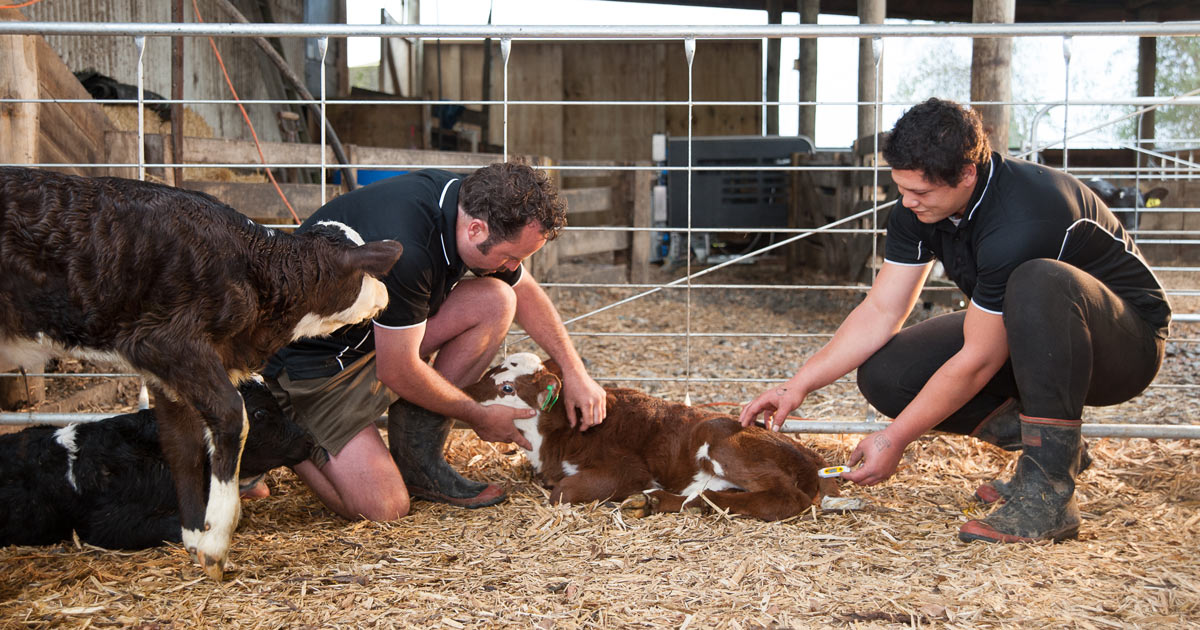Causes, Transmission, And Risk Factors Of Rift Valley Fever
Assisting With Animal Births

On small rural family farms in sub-Saharan Africa, it is a common practice to help with the birth of livestock. This practice of assisting with animal births may expose the individual to an infected fetus along with the sick mother. Although mature mothers usually survive exposure to the virus, it causes severe illness in young animals. Young sheep, for example, have mortality rates of ninety percent versus ten percent for adults. Fetuses appear to be even more susceptible, with an abortion rate approaching one hundred percent in infected ewes. Helping to dispose of an aborted fetus, may expose the worker through direct contact or through inhalation of aerosolized body fluids and blood. Gloves should be worn, as well as a mask and face shield, to prevent exposure to droplets carrying the virus.
Continue reading now to learn more about what increases the risk of contracting Rift Valley fever.